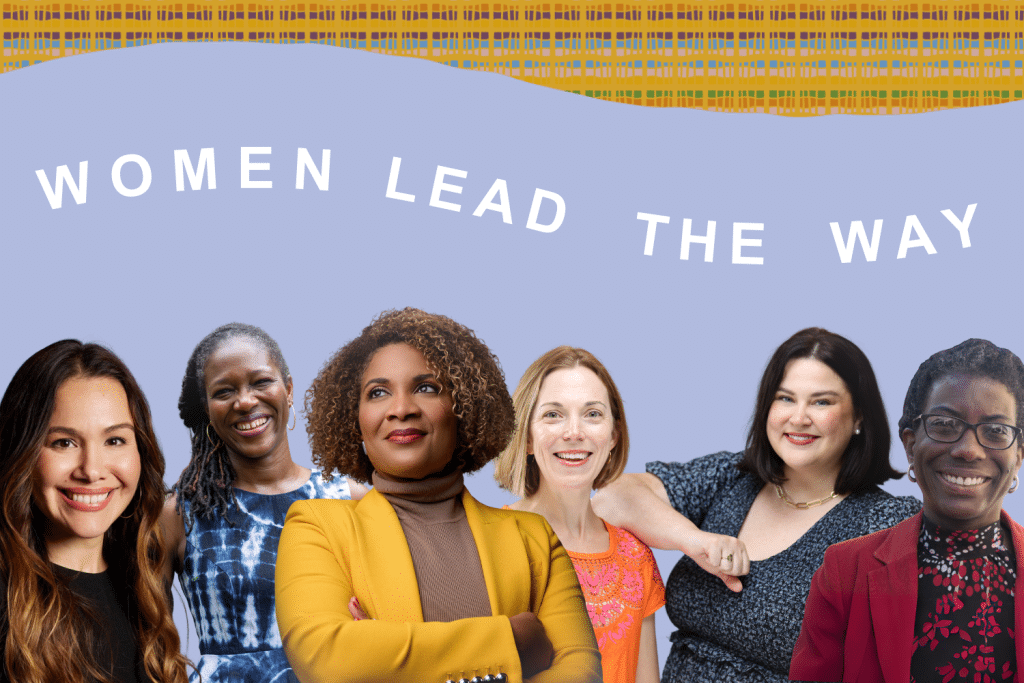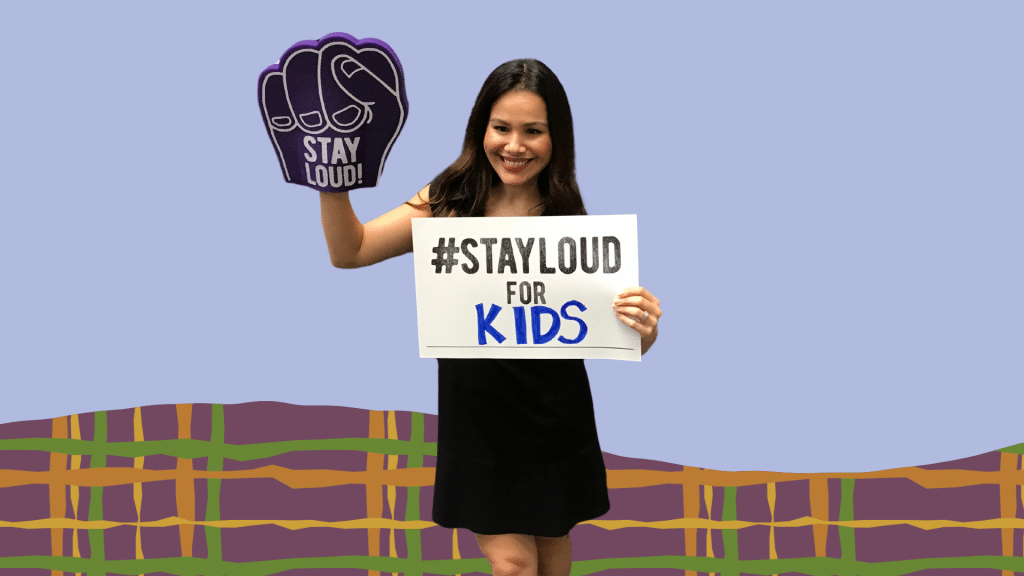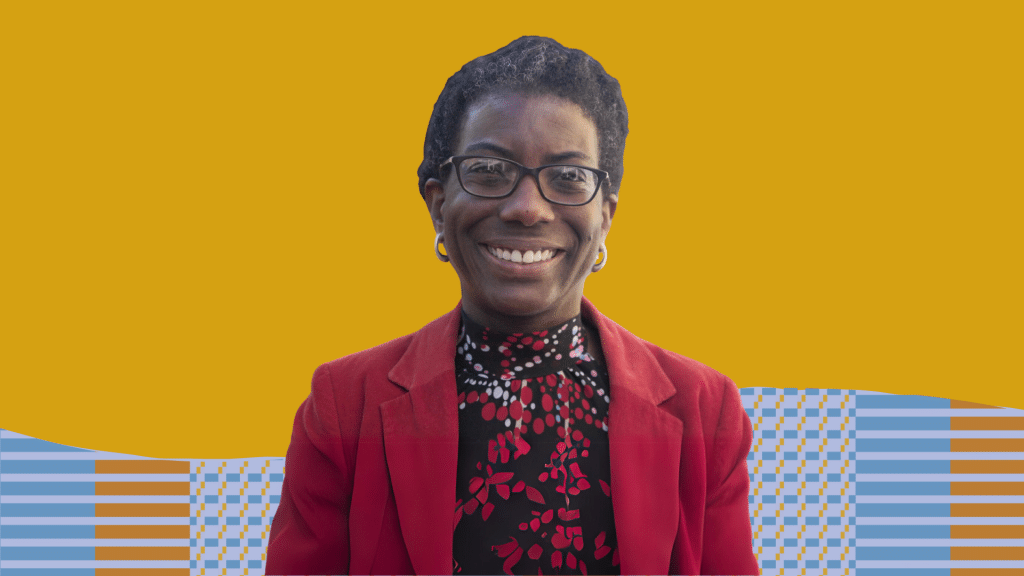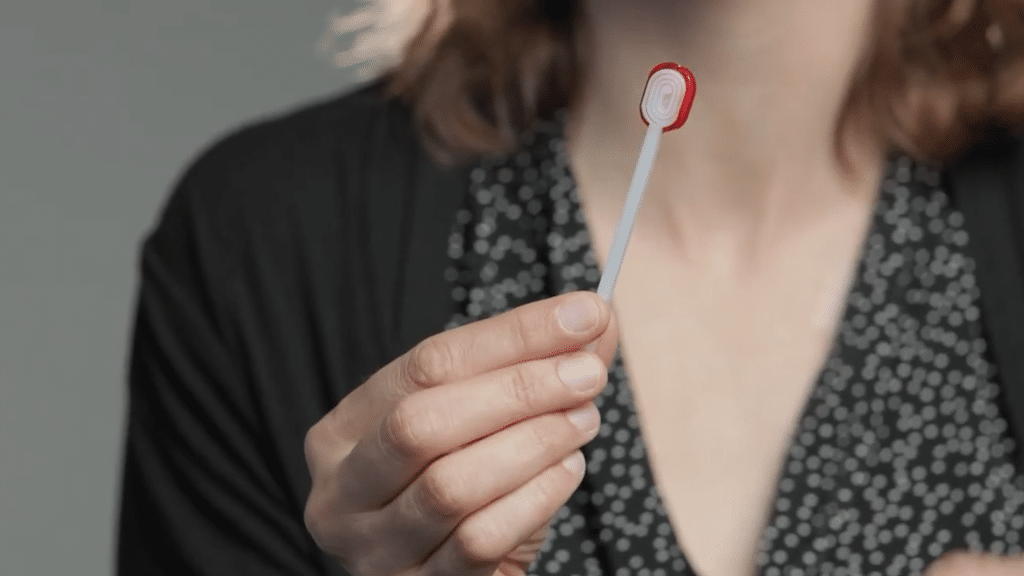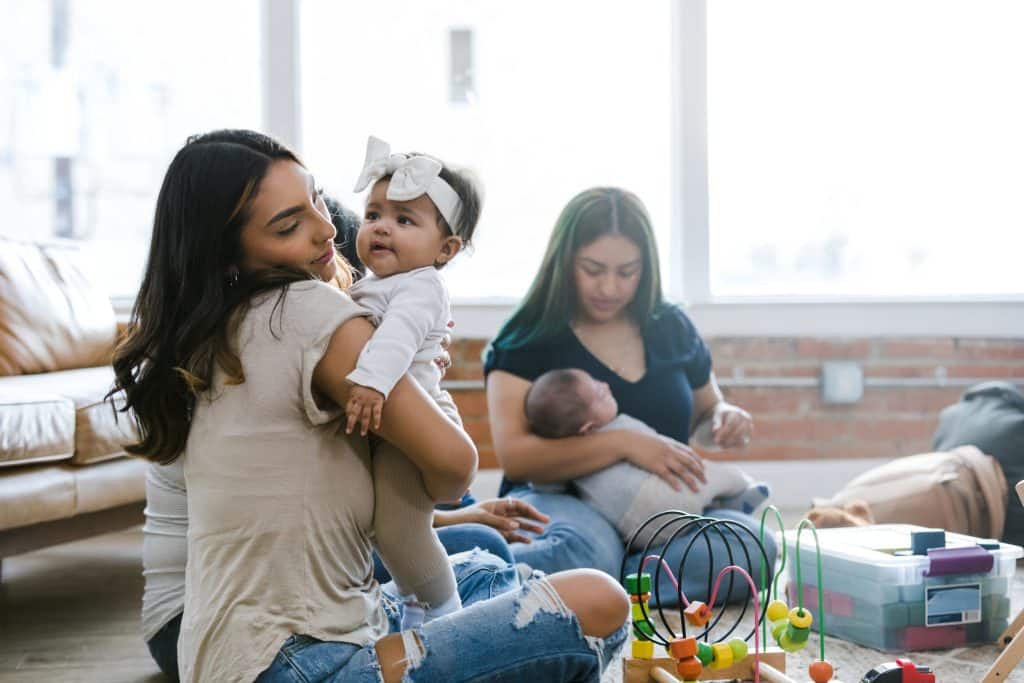When gender justice is on trial, it’s going to need a seriously good lawyer.
Luckily, it has one.
At the National Women’s Law Center (NWLC), President and CEO Fatima Goss Graves leads a team that uses law, policy, and culture change to advance issues that affect women and girls.
The NWLC defends and promotes gender equity and strives to improve the lives of women, particularly women of color, LGBTQ people, and low-income women and families.
And these lawyers are great at what they do. NWLC has long led the fight against sex-based discrimination in schools, including bringing the case that forced the Department of Education to publish the Title IX regulations in 1977. They sued to codify workplace protections for women under the Civil Rights Act of 1991, and they have continued to lead landmark legal and public policy advances for more than 50 years.
The David and Lucile Packard Foundation has partnered with the National Women’s Law Center since 1991 in their mission fighting for gender justice. Grants over the years have included supporting affordable childcare, ensuring that caregivers like extended family, friends, and neighbors are included in childcare policy discussions, as well as funding to protect and advance reproductive rights and health.
After Roe v. Wade was overturned by the U.S. Supreme Court in 2022, the NWLC launched the Abortion Access Legal Defense Fund, both a standalone initiative and a key part of the larger, collective-driven Abortion Defense Network. This network expanded the legal resources available to people who need to navigate the post-Roe landscape, connecting patients, abortion providers, and supporters with legal advice, representation, and legal financial assistance.
With tackling an array of complex topics like these, Goss Graves emphasizes the need for the NWLC to have a strategy that both addresses immediate threats against women’s rights while also laying the groundwork for a future where all women – and, in particular, BIPOC women and those in queer communities – can thrive.
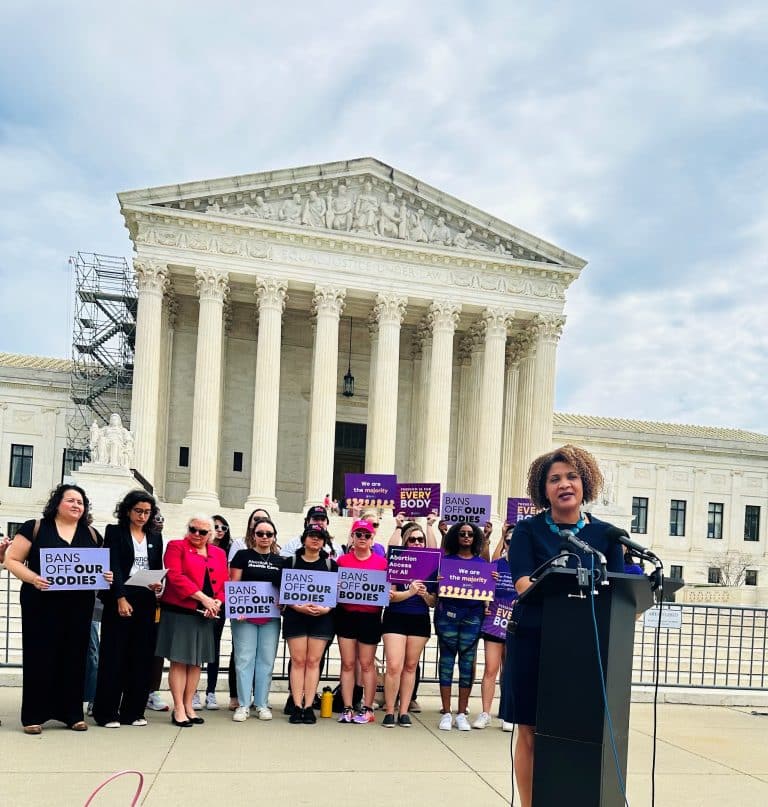
“One part of our task in this moment is to show up against the worst forces that are undermining women’s lives,” said Goss Graves. “But we also have to be building and preparing for a time and period where you have the inevitable shifts in power and culture that enable proactive policies to change.”
Goss Graves believes that litigation can be a powerful tool for change, but only if the legal strategies are designed intentionally to support those who will be most impacted.
For example, lawyers working on reproductive freedom or abortion access need to have a deep understanding not only of the experience of patients, but also of the providers, families, and the people who may be afraid to be pregnant at all given the laws of their state.
A passion for justice started at a young age for Goss Graves. She learned about the power of the law through the stories of her father who, along with his siblings, were plaintiffs in a lawsuit to desegregate public schools in Knoxville, Tennessee.
“I was very lucky to be raised in a family that put service and justice at the center in everything we do,” said Goss Graves. “It’s sort of a generational mandate that we’ve had that my family is continuing and it is my hope that I leave that for my own children too.”
As the first lawyer in her family, Goss Graves continues to champion the ways that organizations can empower and liberate communities.
“I have been really lucky in my time here at the Law Center to work with a lot of clients and individuals who take on systems that are much bigger than they are,” she said. “They take on employers, schools, cities, and states to demand more.”
For some clients, the outcome of the case won’t ultimately affect or improve their lives. But their case could be preventative or critical for the next person. Goss Graves says it’s stories like this that keep her motivated. In looking to the future at what she and the NWLC hope to achieve, she quotes Dr. Martin Luther King Jr. who said, “The arc of the moral universe is long, but it bends toward justice.”
“I hope I see much of that in my lifetime,” said Goss Graves. “I hope to see something that feels like freedom for people of all genders and all races to be who they want to be, and to be able to work and live with safety, dignity, and bodily autonomy. I will be glad to have played a part in that journey of achieving that outcome.”
